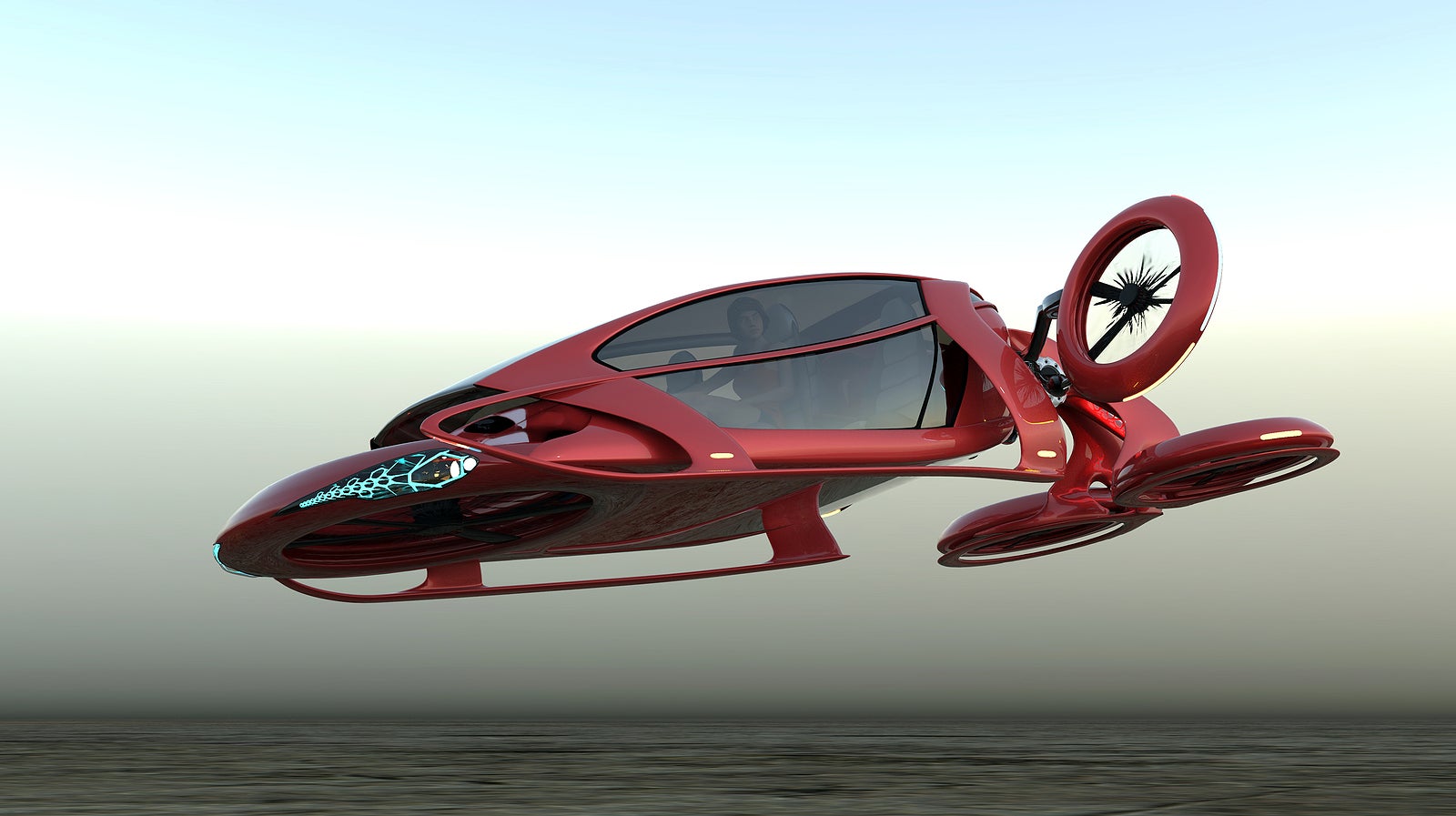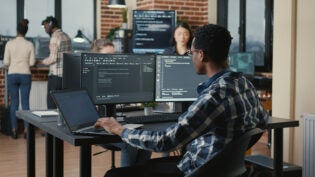
 Source: GettingSmart
Source: GettingSmart
Who would have thought that computers would become so prominent in the world before they were invented? Unlike any other technology, anything related to computers grows so fast.
Although the idea for Artificial Intelligence began in the 1950s, the noticeable surge in growth was in 2011. Apple introduced Siri. Now, a few years later, virtual assistants have started filling our homes. Let us see how Artificial Intelligence can actually benefit society.
Artificial Intelligence (AI) and Its Role
Artificial intelligence was designed to mimic human intelligence. The objective is to apply logic to operations where we only give inputs and need certain outputs. The machine learns logical thinking, problem-solving, and learning skills from humans. Companies apply these skills to develop products like virtual assistants, home assistants, speakers, monitoring devices, and other gadgets.
There is an increase in the consumption of products like Alexa and Google Cortana in recent years. These devices come with an updated skill set suited to at least 100,000 commands.
That is why there is speculation about these two product giants coming together. These companies develop their products with the aim of providing a personalized bot for everyone. The people who create these products have specialized skills and talent that will continue to have high demand in the workplace, particularly for entrepreneurs. To build your own skills and work on real-world AI projects, you can consider taking an Artificial Intelligence course.
Future in Robotics
We have all been inspired by how movies characterize robots. The robot Sophia can be called a predecessor to an actual ‘Ava’ (Female robot in the movie “Ex Machina”). Although any other technological advancement may take its own time and pace to pick up, AI has been influencing our lives faster.
A show which telecasted as early as the 1980s included a robot which is as alive as a human. Artificial Intelligence can help in developing such full-functioning robots. AI induced robots can perform complex and specific functions. For example, Samsung has created a chef robot to create salads on command.
Importance to Personalization
AI and the controversy regarding privacy go hand-in-hand. Some worry about their private conversations being heard and recorded. But, as we get accustomed to better services and luxuries, the need for personalized services is increasing. A recent study in the UK has discovered the consumption of voice assistants will increase from 2.5 million to 8 million by 2023.
Now, these devices are capable of setting our alarms and reminders, making our calls for us, and even order our favorite food. It is believed that future home assistants can do more than just switching on and off lights. There is a high chance to upgrade security systems to personalize our needs. We can even feed our dog or a cat at a specific time and even set the amount of food.
Designing AI for the Future
Does this sound familiar? “With great power comes great responsibility.” AI can be a significant innovation for mankind. But still, there is a need for responsible usage. What AI can achieve in the near future calls for this concern. With Machine Learning (ML) and Deep Learning (DL) mechanisms, the days when machines can learn everything are not far off.
That is why in the future, there will be conferences held discussing the ethics and nature of such developments. The US government has already set up guidelines on how AI-induced robots can be included in warfare. But, there is no need to fret. Human intelligence surpasses machine intelligence. AI lacks the emotional quotient applied along with logic. Machines depend on human logical association for apt performance.
Otherwise, an automated car you have commanded to take you to the airport in under 30 minutes might end up creating havoc, as it wouldn’t care about how it does it or the consequences. To work on real-world ML case studies, you can enroll in a Machine Learning course.
Will It Affect Jobs?
Yes and No. AI will eliminate tough jobs. It could be the solution to the long recurring problem of manual scavenging. AI robots can replace people in warfare. AI can create jobs, too. There will be an increased demand for developers in healthcare, agriculture, robotics, and other sectors.
Everyone might need to learn coding as a basic skill. In the far future, even law and politics can disappear. There is a vision of carrying out legal activities through computerized systems and not expect interference from humans. If such a scenario occurs, AI applications can be of uncountable use to people.
Role in Compliance Technology
In business terms, compliance technology makes up for the consumption of certain products or services following a general order. AI could help set the regular standards in society for up to 40% soon, according to IT service companies.
For now, we use AI to perform our mundane and time-consuming tasks. The society of the future would demand intelligent tasks such as diagnoses of diseases. AI could benefit more when used for more responsible purposes along with narrowing compliance risks.
A Collaboration for the Future Society
According to the AI research team at Microsoft, AI will learn to expect our needs and assist us by 2038. The need for personal assistants will create demands in markets for products associated with AI.
Companies updating their products with the current AI trends can benefit. But, rather than commercial purposes, AI could be made to bring positive contributions to society.
A collaboration between human intelligence and artificial intelligence could result in artificial general intelligence (AGI). AGI is expected to develop in a decade. Alongside science and technology, the need for liberal arts subjects in the service sector will be required.
AI will require engineers developing codes that meet ethical standards in accordance with human psychology, philosophy, and law. Even though flying cars can be faraway, AI bots can be made to fly. Japan has been developing a robot that shows emotions by sensing. Along with knowledge, humans thrive with external sensing and adaptations to stimuli.
AI aided with human sensing can reduce the stagnancy in technological advancements. More research and innovations will be workable with AI in the future. AI could gift us the most important and irreplaceable thing of all. It could give us more time.
2991 Views












